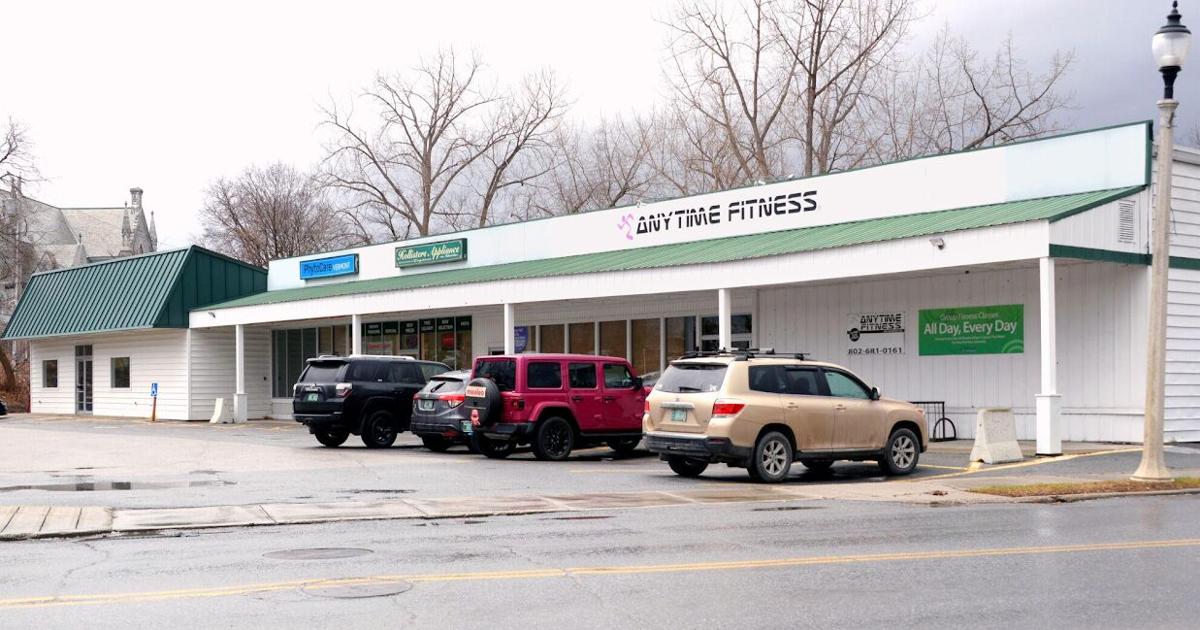Need assistance getting a cannabis business license? Schedule a Free Consultation

NEW YORK — A multi-state operator that left the Vermont market purchased a Canadian cannabis company.
Curaleaf Holdings Inc. announced Monday, the closing of its acquisition of Northern Green Canada. NGC is described in the announcement as “a vertically integrated Canadian licensed cannabis producer focused primarily on expanding in the international market” through a certification for good manufacturing process known as EU-GMP.
Curaleaf said the acquisition amplifies its “strategic advantage in established European markets including Germany, Poland and the United Kingdom and provides a foothold in the emerging markets of Australia and New Zealand.”
“Integrating NGC’s international operation will equip Curaleaf with a secure and consistent high quality, non-irradiated, indoor EU-GMP flower supply, essential to maintaining its leading positions in Germany, the United Kingdom and Poland,” the company said.
Boris Jordan, Founder and Executive Chairman of Curaleaf, said his company is “thrilled to welcome NGC to the Curaleaf family of global brands.”
“This is an incredibly important deal for our international expansion strategy, as we’ll be able to bolster our supply of high quality EU-GMP certified flower immediately to key European markets as well as enter the fast-growing markets of Australia and New Zealand,” he said in a statement.
Curaleaf is projected to generate $55 billion in sales by 2027, according to the announcement. The company said emerging markets beyond the United States and Canada, including Germany, Australia and New Zealand, are expected to contribute $6.3 billion of the total projection.
Mjbizdaily.com called the EU-GMP certification “an essential step to exporting medical cannabinoids to global markets.”
‘So far, so good’ for Zenbarn Farms
Zenbarn Farms in Waterbury, Vermont announced in December it would acquire all the Vermont assets operated by Curaleaf including a medical dispensary in Bennington, a medical/recreational dispensary in Montpelier and a state-of-the-art cultivation and manufacturing facility in Middlesex.
The new greenhouse and manufacturing facility will be used to produce “high-quality flower, using organic, sustainable and regenerative agricultural practices,” according to an Instagram post. The company also plans to create a campus with a workforce development program and brand incubator with a focus on providing training to BIPOC community members, women, people with disabilities and those re-entering society from correctional facilities.
Zenbarn is in full operation at the sites and working toward closing the deal with Curaleaf. Noah Fishman, co-owner of Zenbarn, described the process as “fairly arduous and complex.”
“So far, so good,” he said in an interview. “The staff at Curaleaf were Vermonters and great but to have a company fully owned and operated by a small Vermont company is really cool.”
Fishman expects the first harvest in the new facility to come in June.
“We love the facility,” he said. “This was built for living soil, organic cultivation techniques. We’re really focused on that. We’re building really top quality soil and ecosystems to grow the best cannabis with very little additional inputs, hand/water cared for.”
Fishman said the workforce development program is coming together “slowly and surely.”
His team had their first “cannabis fellow” trained on how to run a retail operation. She will soon be starting her own dispensary.
“That’s the kind of thing we want to empower, people most impacted by the War on Drugs, to get into the industry and have a successful business,” Fishman said. “We’re looking to keep that going and keep doing that.”
The plan also is to teach organic cultivation methods Zenbarn is developing.
“We think we have a lot of room for providing support to the industry as a whole, nationally, where people are starting to realize this industry has to be sustainable too,” Fishman said. “That’s good not just for the environment. It’s also lower cost production.”
Zenbarn’s approach, Fishman said, “is to let nature do the work and bring in the sun and soil.”
“If you get that right, you can grow at a much lower cost and compete with the big guys who are just trying to pump out commodity level cannabis,” he said.
He touted a plan to source 100 percent of the materials for cultivation facility from within 30 to 40 miles. The project involves a collaboration with Vermont Compost Company.
Fishman said the goal is to teach methods that will add cannabis to the list of high-quality craft products Vermont is famous for, such as beer and cheese. He reported Zenbarn’s retail shop had its biggest sales weekend ever for 4/20.
The company also is running the two medical dispensaries and wants to support patients. Vermont’s medical program is not financially viable right now, Fishman said, “but we’re doing what we can to keep it going and hoping we can get some enabling legislation so we can get it where it needs to be.”
“We still have a lot of work to do as an industry,” he added, calling for the creation of trusted and sustainable products.
Curaleaf lacked economies of scale in Vermont
Curaleaf Executive Chairman Boris Jordan told investors during the company’s third quarter earnings call Nov. 9 that the company exited its “low-margin, low-growth” operations in both Vermont and Michigan, according to Cannabis Business Times. The report notes the exits from the two states follow Curaleaf’s closure of operations in California, Colorado and Oregon, an announcement the company made in January 2023. Its cultivation and processing operations in Massachusetts also was consolidated to a single facility at that time, according to the report.
About a year ago, Curaleaf came under criticism after Vice News reported on alleged ties to Russian billionaire Roman Abramovich, a subject of international sanctions. Authorities in Massachusetts and Connecticut opened investigations into the company after the report.
In an interview in December, Vermont Cannabis Control Board Chairman James Pepper said staff at the CCB looked into the matter and it appears as though Abramovich was “involved in early seed money but all of his interest had been repaid and he’s out.”
“If we find otherwise, of course, then they’ve made a material misrepresentation,” he said. “That’s a pretty serious violation.”
Pepper had said the Legislature created integrated licenses and provided certain benefits then they were immediately sold to out-of-state licensees. Integrated licensees are allowed to be a cultivator, wholesaler, product manufacturer, retailer and testing laboratory.
Now, Pepper said in December, these licenses are slowly getting clawed back by Vermont companies. He described being thrilled about the purchase by Zenbarn and the direction the industry is going in.
“When we got wind, I just had them work with our licensing department and our executive director to work out the sequencing of events so they were never going to be in violation of that one license per entity rule,” he said. “It’s very exciting to have another integrated license go back in the hands of a Vermont owner business.”
Regulations in the state are designed to be attractive for smaller players. They get increasingly unattractive the larger the entity is, Pepper said.
When Vermont Patients Alliance initially sold to Curaleaf, the group had multiple locations throughout the state. Pepper said Curaleaf thought it could get an integrated license for each satellite location.
“When this ambiguity was still present, the Legislature said, ‘No. One company, one license,'” Pepper said. “When that happened, the writing was on the wall. They wouldn’t achieve the economies of scale they could in other states.”




